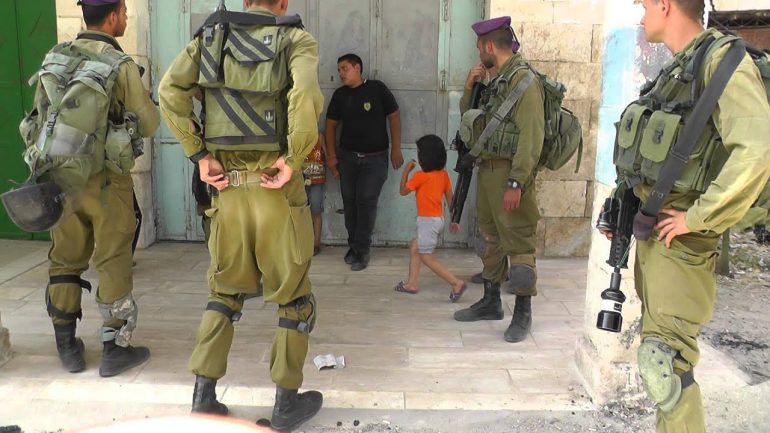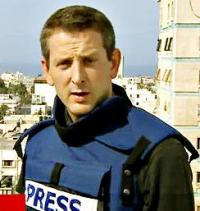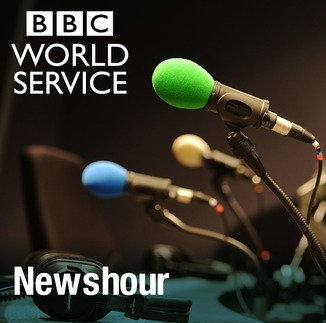The last few days have provided a good example of the way in which public opinion is manipulated by the BBC News website’s Middle East desk’s decision to run or not run a particular story.
As noted here previously, the fact that residents of the Sha’ar HaNegev area in southern Israel had to run to shelters when the warning alarm for incoming missiles sounded last Thursday afternoon was not deemed newsworthy by the BBC. Neither was the firing of missiles towards Eilat by jihadists located in the Sinai the week before.
However, on Friday July 12th the Middle East page of the BBC News website did carry a story dramatically titled “Israel ‘illegally detained’ five-year-old Palestinian” which is basically a re-hash of a an item which appeared the day before that on the website of the political NGO ‘B’tselem’ (described by the BBC in the article as an “Israeli human rights group”), and is based on video footage filmed by local activists in Hebron who are provided with video cameras by B’tselem.
[youtube=http://www.youtube.com/watch?feature=player_embedded&v=dl6YGt7O9eM]
Neither the BBC nor B’tselem appear to be particularly interested in the fact that the parents of a child of five years and nine months old allowed him to be out on the streets alone throwing stones, or in the human rights of the people travelling along that road which those stones endangered. That, of course, is nothing new: the BBC systematically avoids reporting even the most serious stone-throwing attacks as well as other kinds of violence and terror activity in Judea & Samaria.
Sadly, neither is there anything novel about the BBC producing ‘churnalism’ based on readily available material supplied by politically motivated organisations – often without disclosing to audiences the nature of those organisations’ political ideologies – and resulting partiality.
But as this example shows, the editorial decision to feature a non-event of a story about a stone-throwing child being taken to his home by soldiers (as the BBC itself states, the boy was neither arrested nor charged) and later, together with his father, handed over to the PA police – particularly whilst simultaneously avoiding reporting quotidian incidents of violence and terrorism aimed at Israeli civilians – means that the BBC has only itself to blame when the accuracy and impartiality of its Middle East reporting are called into question.




